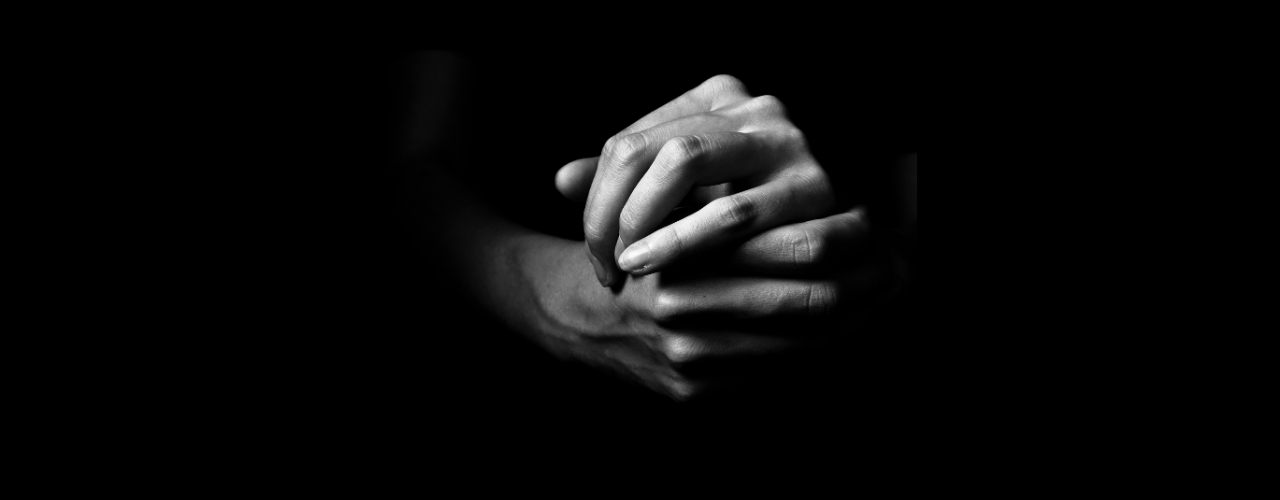
Prison chaplains are unique, in that they have no agenda other than the welfare of prisoners and prison officers, says Peter McVerry SJ. Thus, they are almost universally respected by prisoners who place a high level of trust in them.
Prison Environment
Prisons are, by their nature, closed environments. Few people know what happens behind prison walls, and fewer still care. We are dependent on reports from the Inspector of Prisons’ Office and international human rights bodies to learn some of what occurs there. People are in prison against their will and a prison officer’s primary role is to make sure they stay there. So inevitably, confrontation occurs. Granting that does not deny that some prison officers are very caring for the prisoners in their charge and gain a certain level of respect from prisoners. When a prisoner says about a prison officer, “He’s okay” or “She’s okay,” that’s about the highest level of praise an officer can expect!
Clearly, there is an enormous power differential between a prisoner and a prison officer. This can lead to problems, where a prisoner feels – sometimes with good reason – that their rights and dignity have been undermined by the way they have been treated by a particular officer. They often feel powerless to do anything about it, which can lead to high levels of frustration or aggression, for which they will be punished, thereby further compounding their initial grievance. There is an internal complaints procedure for prisoners, but, worryingly, a large percentage of complaints are eventually withdrawn!
Some prisoners talk of incentives being offered to withdraw a complaint. Others fear a real, or perceived, threat of further retaliation from the prison officer, who continues to have control over them on a daily basis, leading to the withdrawal of the complaint.
Role of the Prison Chaplain
It is in this environment that the chaplain works. Their role is unique: it is to provide pastoral care for both prisoners and prison officers. It often involves comforting prisoners who have suffered a bereavement and reaching out to prison officers who, too, have lost someone close to them. This is a particularly stressful time for prisoners, as they cannot be present at the funeral proceedings and have to suffer the pain of loss alone in a prison cell. Praying for their lost ones at Mass can be particularly comforting for a prisoner and is an opportunity for their friends in prison to rally round and express their support.
Prison chaplains are also involved with prisoners’ families. Sometimes a prison visit from a family member goes badly, and the parting is not amicable, and the prison chaplain is called to try and smooth the troubled waters between the prisoner and their family. Again, the family may be worried about their relative in prison, and fear that they may not be able to cope, and the chaplain can reassure them that they will keep an eye on the prisoner and that he or she is fine.
One of the most distressing times for a chaplain is when they are called to the prison because a prisoner has been found dead in their cell. They will have to contact the prisoner’s family and meet them, often in the middle of the night, to inform them of their loss.
Prison chaplains attend the case conferences that are held to discuss a prisoner’s progress within the prison. The chaplain may be the person who knows the prisoner best and can offer valuable insights and advice in relation to the prisoner’s future development. Often, they can be a dissenting voice when everyone else has little good to say about a prisoner.
Chaplains are unique, in that they have no agenda other than the welfare of prisoners and prison officers. There is no career path or advancement for chaplains that might compromise how they work. Thus, they are almost universally respected by prisoners who place a high level of trust in them. They will talk to the chaplain about issues in their life, traumas they may have experienced in childhood and their fears for the future. Most prison officers, too, hold the chaplain in high regard and appreciate the work they do.
The Tension
But sometimes, chaplains have to walk a fine line, when they see prisoners being abused by an officer, or when the system fails and is uncaring. Security and control are the primary objectives of the prison system and these can sometimes conflict with compassion and care, particularly at times of crisis in a prisoner’s life. Chaplains have to tell the truth as they see it, which sometimes runs the risk of retaliation or the role being undermined.
The chaplains in each prison are also tasked with the writing of a report on the prison, as seen through their eyes. These annual reports – often accessed under the Freedom of Information Act as they have been unpublished since 2010 – must sometimes be critical and that can generate tension between the chaplains and prison management. But that tension should be welcomed. The chaplain’s unique perspective is invaluable. The “head chaplain” also has a statutory duty to prepare an annual report on the prison service as a whole, but for several years now, the prison service has neglected to appoint a “head chaplain” so no reports have been written.
Although chaplains are part of the prison system, they cannot be identified with the system or they will lose the trust of prisoners. Chaplains have a very specific and important role, which cannot be performed by other services within the prison system, no matter how caring those other services may be. They make a huge difference to the lives of many prisoners, enabling them to cope better with their imprisonment while only serving as a conduit with family outside. A healthy prison system will respect, support, and encourage the work of all the chaplains and ensure they are equipped to carry out their roles.

